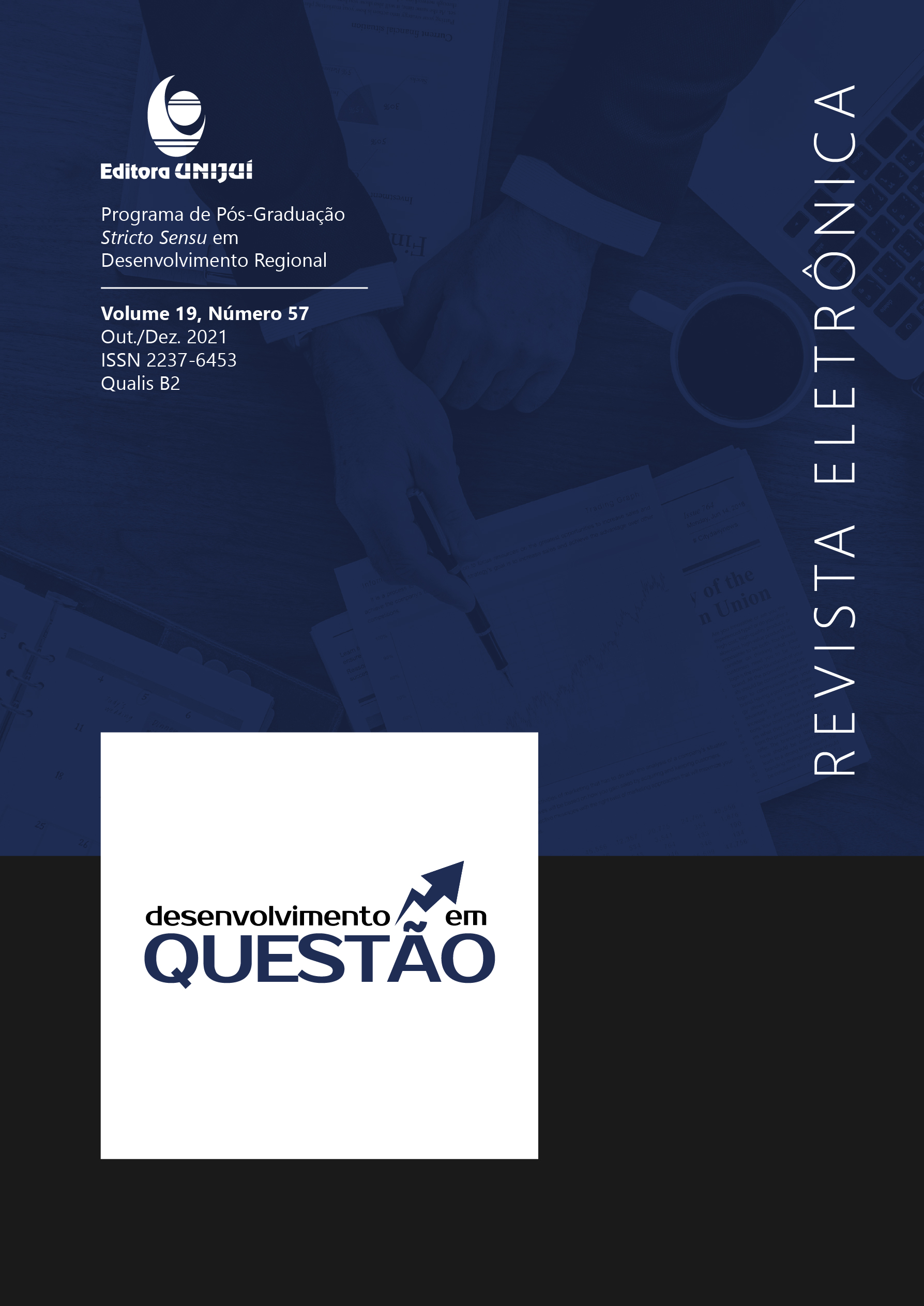THE CREDIT PORTFOLIO OF COLOMBIAN FARMERS: A CASE STUDY FOR A FINANCIAL INSTITUTION IN THE REAL SECTOR
A CARTEIRA DE CRÉDITO DOS AGRICULTORES COLOMBIANOS: UM ESTUDO DE CASO PARA UMA ENTIDADE FINANCEIRA DO SETOR REAL
DOI:
https://doi.org/10.21527/2237-6453.2021.57.11923Keywords:
Financial Inclusion, Farmers, Rural Sector, Credit DefaultAbstract
This paper aims to make a diagnosis of the problem of access to financing and, through a case study, demonstrate that Colombian farmers have a good habit of paying their financial obligations. To this end, and based on a sample with a total of 43,295 disbursements between 208-2019, the most risky geographical areas of the country will be identified according to the non-compliance / non-payment of customers in their financial obligations, and the main activity of these departments to try to validate the correlation with the willingness of farmers to pay. The results showed that in relation to the time of occupation, the least attractive profiles to encourage access to credit are service providers or contractors and farmers, given default rates, 20% and 18% respectively. About the non-payment ranking by departments, it is worth highlighting that those where livestock occupies a representative place in their economic activity such as: Cesar, Sucre, Córdoba and Bolívar have the highest default rates compared to departments where agriculture predominates.
Downloads
Published
How to Cite
Issue
Section
License
By publishing in Revista Desenvolvimento em Questão, authors agree to the following terms:
All works are published under the Creative Commons Attribution 4.0 International License (CC BY 4.0), which allows:
Sharing — to copy and redistribute the material in any medium or format;
Adaptation — to remix, transform, and build upon the material for any purpose, even commercially.
These permissions are irrevocable, provided that the following terms are respected:
Attribution — authors must be properly credited, a link to the license must be provided, and any changes made must be indicated.
No additional restrictions — no legal or technological measures may be applied that legally restrict others from doing anything the license permits.
Notices:
The license does not apply to elements that are in the public domain or covered by legal exceptions.
The license does not grant all necessary rights for specific uses (e.g., image rights, privacy, or moral rights).
The journal is not responsible for the opinions expressed in the articles, which are the sole responsibility of the authors. The Editor, with the support of the Editorial Board, reserves the right to suggest or request modifications when necessary.
Only original scientific articles presenting research results of interest that have not been previously published or simultaneously submitted to another journal with the same purpose will be accepted.
Mentions of trademarks or specific products are intended solely for identification purposes and do not imply any promotional relationship by the authors or the journal.
License Agreement (for articles published from 2025 onward): Authors retain the copyright to their article and grant Revista Desenvolvimento em Questão the right of first publication.











